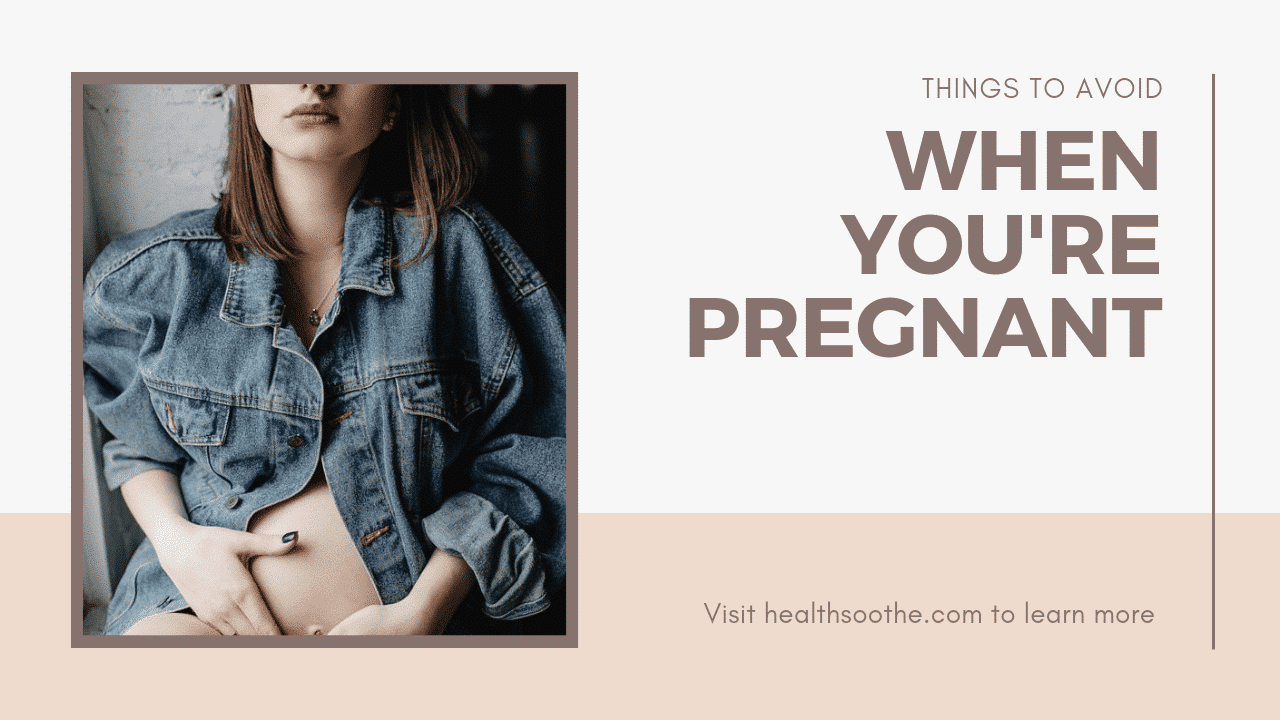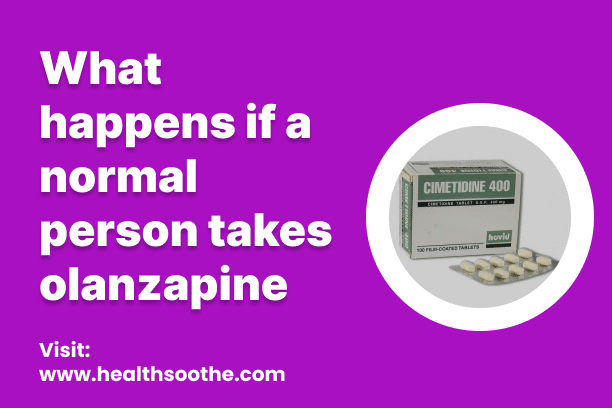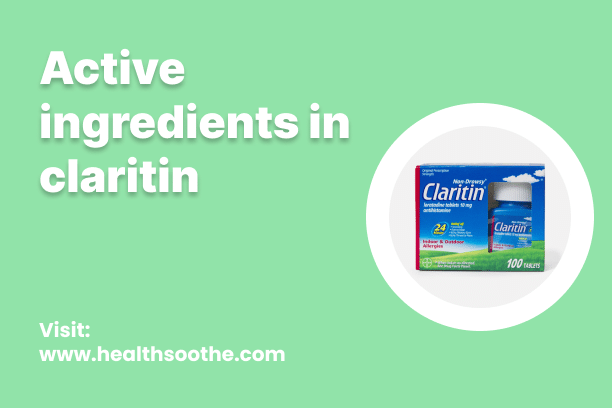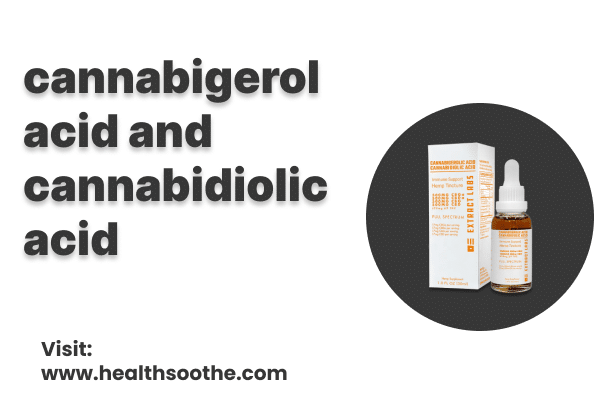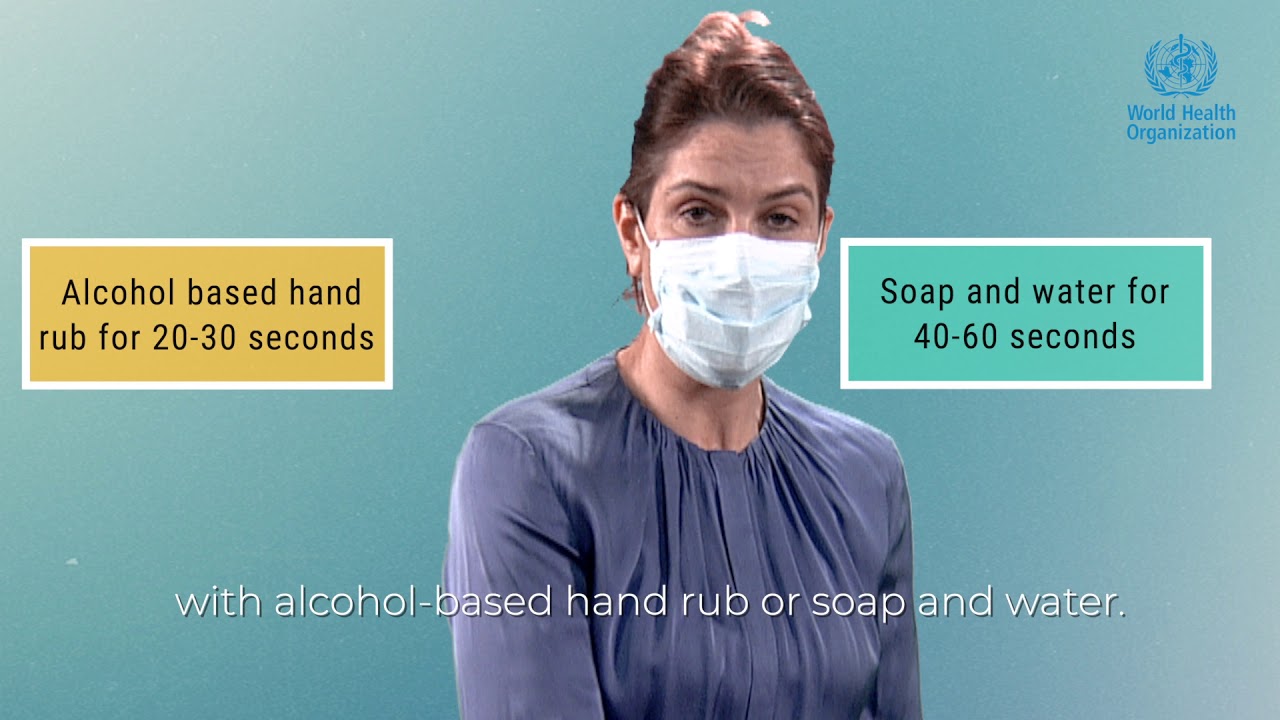Pregnancy is an exciting stage of a woman’s life, as it shows that a woman’s body can give birth to another human being. For nine months, you’re responsible for carrying a human being inside your womb. During this time, you must be cautious in everything you do and provide extra care for yourself and the baby.
If you’re new to pregnancy, it’s understandable that you’re having a hard time because of the changes it brings to your body. It’s important to consult a professional specializing in maternity care. Create Health is a clinic for women’s health that you can run to whenever you need help or have questions about your pregnancy. You may also check the information below for what to avoid when pregnant.
1. Massage and Acupuncture
Complementary therapies like massage and acupuncture are safe for pregnant women. However, there are instances where it could be dangerous.
Although acupuncture may help to reduce backache for pregnant women, it can be dangerous if performed by an untrained acupuncturist. Certain acupuncture points are unsafe during pregnancy, so it would be best to find an acupuncturist with experience and extensive training with pregnant women. Also, massage is unsafe in the first trimester of pregnancy.
2. Drinking Alcohol
Alcohol is easily passed to an unborn child, causing them to have a high concentration of alcohol that stays in their system for a long time, which can damage their nervous system and cause Fetal alcohol syndrome. Fetal alcohol spectrum disorders (FASDs) can develop in a baby who is exposed to alcohol before birth and suffer from behavioral, physical, and intellectual disabilities.
3. Caffeine
Consuming more than 2-3 cups of caffeine daily might risk pregnancy. High caffeine consumption can lead to the risk of miscarriage and low birth weight. Limit any drinks containing caffeine, like coffee, cola, and tea, and always check the products you buy if it contains caffeine.
4. Hot Temperature
Soaking in hot tubs and saunas can cause hyperthermia that may result in congenital abnormalities. Drinking plenty of water in warm conditions is recommended to keep you and your baby hydrated.
Additional activities that could result in an excessive increase in body temperature include:
- Heated pilates or yoga
- Dehydration
- Sunbathing
- Intense exercise
5. Physical Demands
During pregnancy, the level of hormones increases, making the ligaments soft. Soft ligaments can cause the joints to be unstable and prone to injury. There’s a high risk of miscarriage and premature birth for pregnant women lifting heavy objects, standing for too long, and repeatedly bending at the waist.
6. Fish High In Mercury
High amounts of mercury can damage the baby’s vision and hearing. Avoid consuming mercury-rich fish like king mackerel, swordfish, marlin, orange roughy, and tilefish. Instead, eat tuna, cod, shrimp, and salmon.
7. X-ray
The radiation from X-rays is harmful to pregnancy. There’s a possibility of congenital disabilities and mental and physical development problems. Additionally, the body cells can be damaged if exposed to radiation, increasing the risk of cancer in the child during childhood. It would be best to consult your doctor about using low radiation exposure.
8. Certain Foods
There are types of foods that pregnant women should avoid. The following foods are:
Unpasteurized Foods
You should avoid unpasteurized eggs, milk, and cheese during pregnancy. Instead, consume pasteurized products as they have undergone high temperatures to eliminate harmful viruses and bacteria that cause foodborne illnesses.
Raw Seafood and Eggs
Foods containing raw seafood and egg, like sushi, should be avoided during pregnancy. Raw seafood could be contaminated with parasites and bacteria that could cause certain illnesses like salmonella.
Undercooked Meat
Meat should be cooked well to kill bacteria from the raw meat. You can get food poisoning and salmonella from uncooked meat, so cook meat at 165 degrees and eat well-done steak and burgers.
9. Smoking
The carbon monoxide, nicotine, and other chemicals from smoking could be passed to the baby inside the womb. Firsthand and secondhand smoke cause risks, such as miscarriage, prematurity, low birth weight, asthma, and other respiratory problems. If you smoke, it would be best to stop now, and if you’re surrounded by people who smoke, you should avoid getting near them when they’re smoking.
10. Recreational Drugs
You should avoid recreational drugs like heroin, cocaine, amphetamine, and marijuana. These drugs harm the baby’s development inside your womb and can cause miscarriage and congenital disabilities.
11. Pain Relievers
Anti-inflammatory drugs (NSAIDs) such as ibuprofen, aspirin, and naproxen have dangerous effects that could damage your baby’s internal organs. It would be best to take pain relievers with fewer negative outcomes, like acetaminophen (Tylenol).
12. Cat Feces
If you own a cat, you should avoid cleaning its feces. Toxoplasmosis is a common infection that can cause problems during pregnancy. Toxoplasma gondii parasites can be found in cat feces, soil, and cat litter box. Although the chance of getting toxoplasmosis is low, it can affect the vision and brain of an unborn baby, and there’s a high risk of miscarriage.
For a Healthy Pregnancy
Pregnancy is hard, especially for first-timers. There are various things you should avoid, as well as what you should do to keep the baby healthy before giving birth. Instead of stressing yourself out, which could harm the baby, it would be best to ask for assistance from people specializing in women’s health.
Your baby’s health and successful delivery will all depend on you. So give yourself extra care and avoid doing things that can harm yourself and your baby.
References:
https://www.allaboutwomenmd.com/knowledge-center/things-to-avoid-during-pregnancy.html
https://www.verywellfamily.com/what-to-avoid-during-pregnancy-a-comprehensive-guide-4942479
https://www.pregnancybirthbaby.org.au/things-to-avoid-during-pregnancy
https://www.mayoclinic.org/healthy-lifestyle/pregnancy-week-by-week/in-depth/pregnancy-nutrition/art-20043844
https://www.healthhub.sg/live-healthy/927/pregnancy-dos-and-donts-in-pregnancy

